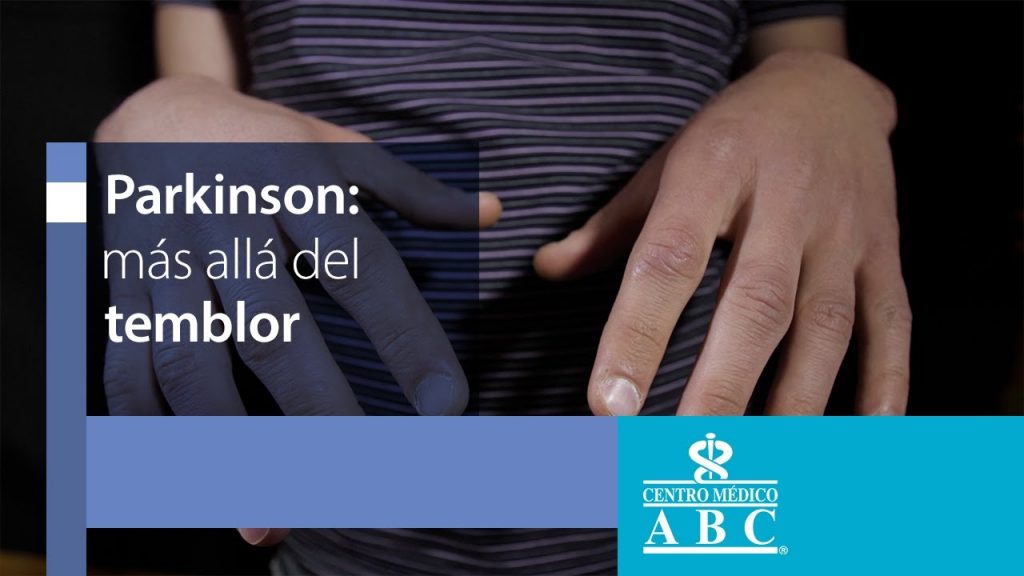Key points:
- In Mexico, 50 out of every 100,000 people may suffer from Parkinson’s.
- Parkinson’s disease is a degenerative condition that interferes with people’s motor skills.
- Although there is no cure, surgery could be an alternative to improve the patient’s quality of life.
Among neurological diseases, Parkinson’s ranks third in frequency, with between 150 and 200 cases per 100,000 people annually throughout the world. Particularly in Mexico, the estimate is 50 out of every 100,000 people.
ABC Medical Center, through Dr. Rubén Martínez Hernández, neurologist and head of the Parkinson’s and Movement Disorders Clinic, says that this disease is more common in people over 60 years old, but it is not exclusive to that age range, since there are people who suffer from this condition before the age of 21.
It is a multifactorial disease that includes neurons, hormones, and dopamine. The symptoms are divided into two variants:
- Motor. The disease appears with stiffness, slowness, tremors, balance, and posture disturbances. Although not all of these symptoms are present in all patients, an increase in intensity is perceived.
- Nonmotor. It includes constipation, smell and taste problems, sleep disturbances, and sleep apnea, a very peculiar stage where patients act in dreams. As a relevant fact, these symptoms could precede the motor symptoms by up to 20 years.
Dr. Martínez indicates that Parkinson’s disease is a progressive disease that has no cure, which is why it is of great importance that the family, the first contact doctors, and the patient itself recognize the symptoms.
The initial treatment should include physical rehabilitation and follow-up, socializing, and having access to a multidisciplinary team specialized in Parkinson’s, including pharmacological treatment, such as the one found within the ABC Medical Center’s Parkinson’s Clinic.
On the other hand, Dr. Martínez indicates that surgery can be an alternative for certain patients. This surgery has different versions where, in short, doctors place structures that are responsible for movement coordination in the brain, which are affected by the decrease in neurotransmitters, achieving a change to modulate their communication and thus benefit the patient.
Among the types of surgery, the most successful is deep brain stimulation or neurostimulation, in which a brain pacemaker is placed to improve the communication of brain structures that are affected by the lack of dopamine.
For the correct performance of this type of surgery, a multidisciplinary and assessment team is necessary, allowing the patient to reduce symptoms and have a better quality of life.
Within the ABC Medical Center’s Parkinson’s Clinic there is a complete team of neurologists, neurosurgeons, neuropsychologists, neuropsychiatrists, and internal medicine. It also has a committee and an experienced group for decision-making and regulations aimed at offering the best quality of patient care.
At ABC Medical Center’s Neurology Center, we can provide you with specialized care. Contact us!
Fuentes:
Rubén Martínez Hernández, neurologist and head of the Parkinson’s and Movement Disorders Clinic at the ABC Medical Center.
https://youtu.be/ccst2cvZF2U
https://www.innn.salud.gob.mx/interna/medica/padecimientos/parkinson.html



